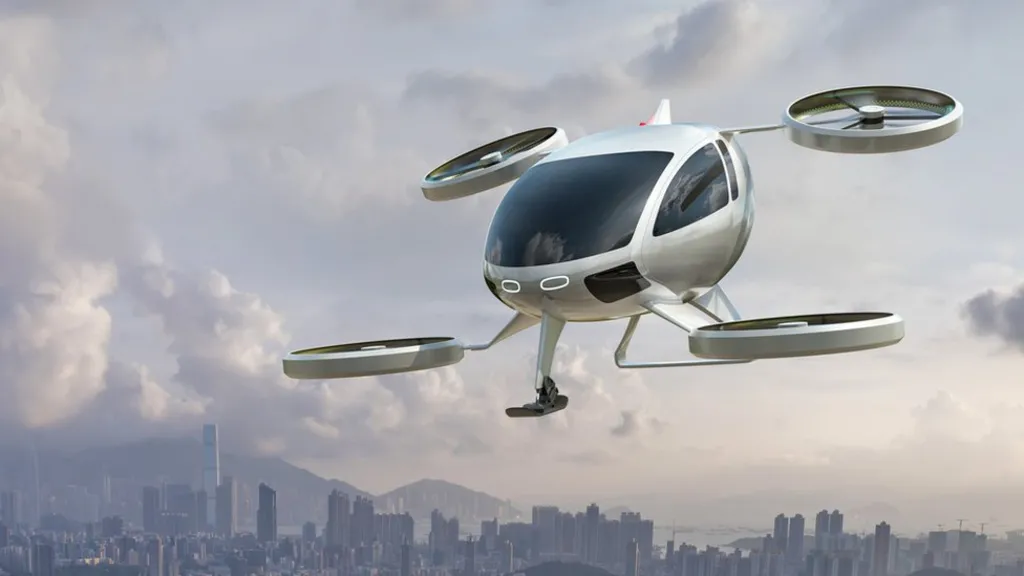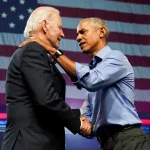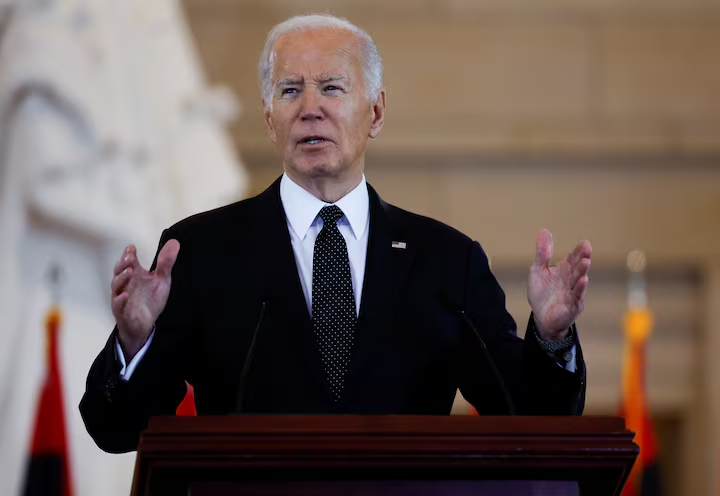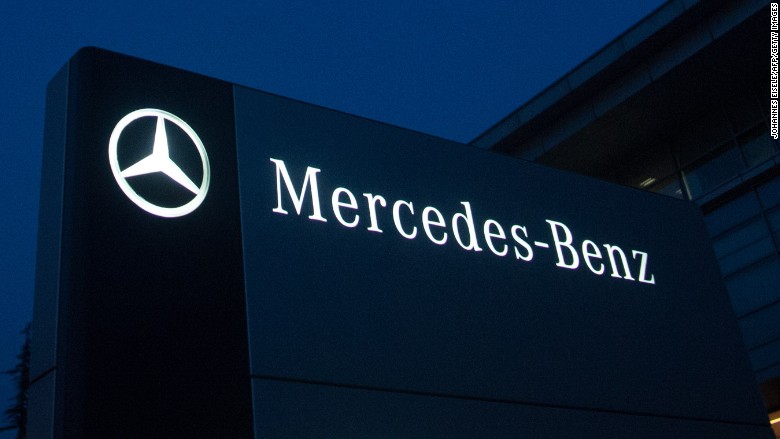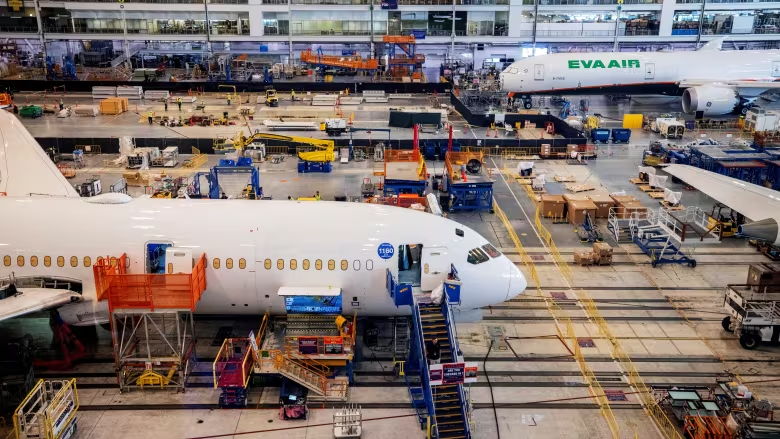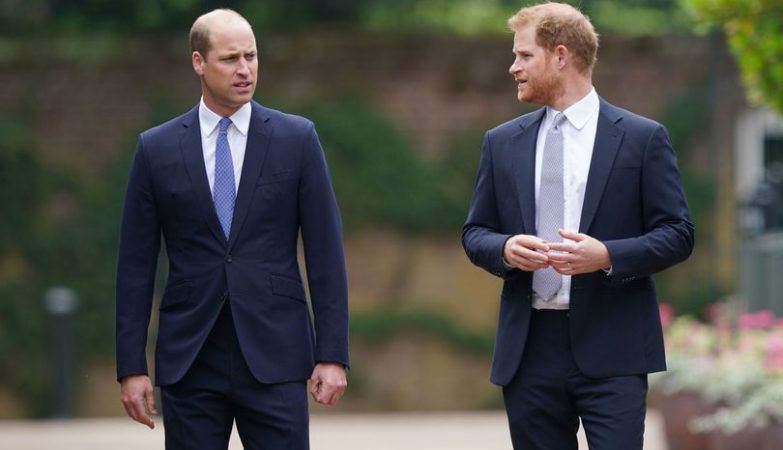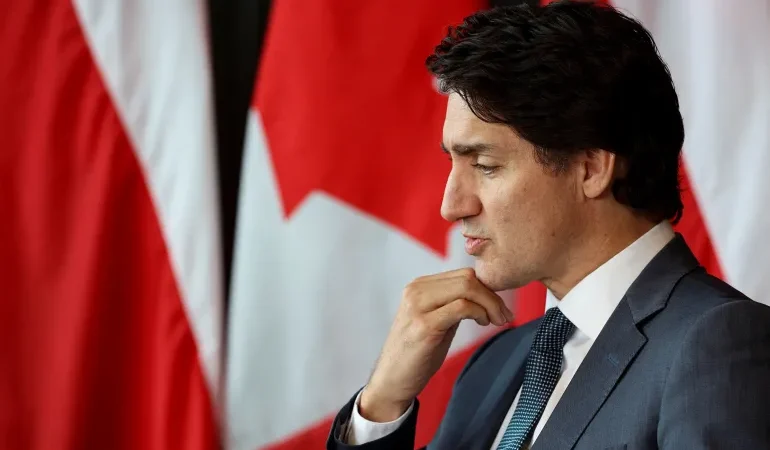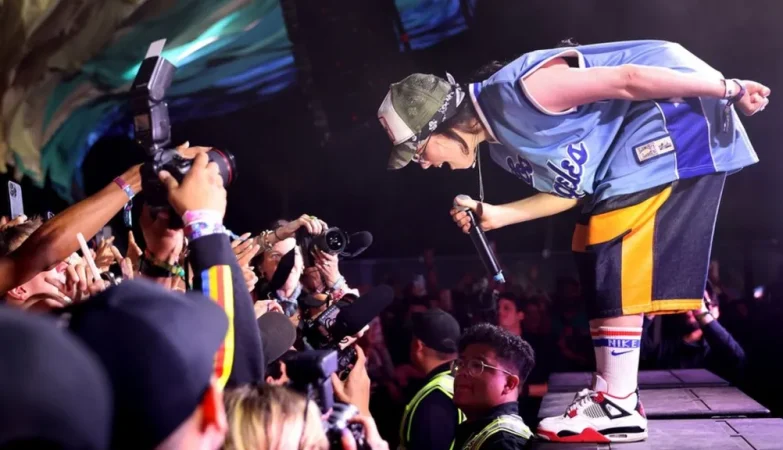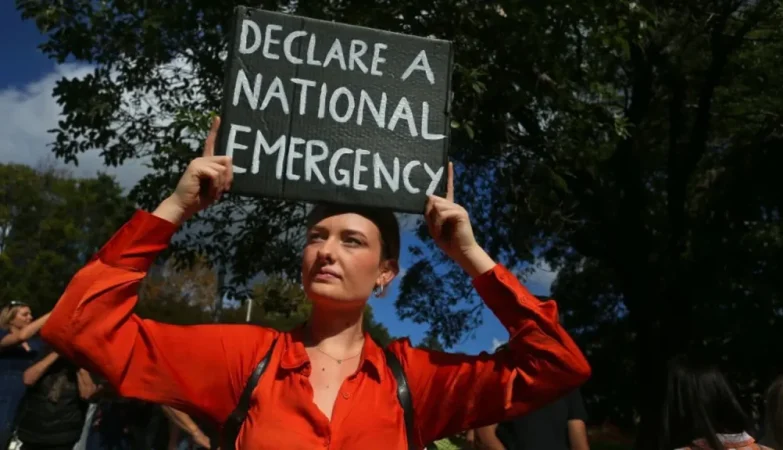The first flying taxi could take off in the UK by 2026 and become a regular sight in our skies two years later, if a government announcement goes to plan.The Future of Flight action plan, developed with the aerospace industry, also says drones and other flying vehicles will become more autonomous.It predicts that the first pilotless flying taxi will take off in 2030.
But experts say hurdles such as infrastructure and public acceptance need to be overcome first.There are a number of different models, but most flying taxis look like a futuristic helicopter and can usually carry about five people.They are part of a family of vehicles called “eVTOLs” – which stands for electric vertical take-off and landing aircraft.The technology for them exists now, but it is likely that the aircraft will start off as exclusive modes of transport – replacing expensive journeys currently done by helicopters.The Department for Transport also plans to allow drones to fly beyond visual line of sight – meaning the person controlling the drone cannot see it in the air.Some of the uses of unmanned drones include transporting medical supplies, delivering post in rural areas and tracking down criminals on the run.Their use is still in early stages, but the plan suggests drone deliveries would be commonplace by 2027.The biggest obstacles to getting flying taxis into the air are infrastructure and public perception, says Craig Roberts, head of drones, at consultancy firm PwC.
Last year, he co-authored a report on the topic, in collaboration with the government, on the viability of the technology.”It’s challenging, but possible,” he says of the 2026 target.Mr Roberts thinks that the most efficient use of the technology is in “longer distance, higher occupancy cases”.
The government’s report gives an example of flying from Liverpool to Leeds in 26 minutes.”It might start off as being more of a replacement for helicopters,” he says, before demand slowly spreads to the wider population.The convenience would also have to be demonstrated to the wider public through technological advances in security screening.The PwC report assumes a scenario where it takes 10 minutes from arrival at a flying taxi rank to taking off – currently challenging, given the length of time it takes to get through a conventional airport.”The industry knows this is a problem and knows it has to be solved… But there are technological ways of doing this,” Mr Roberts says.
source:bbc

